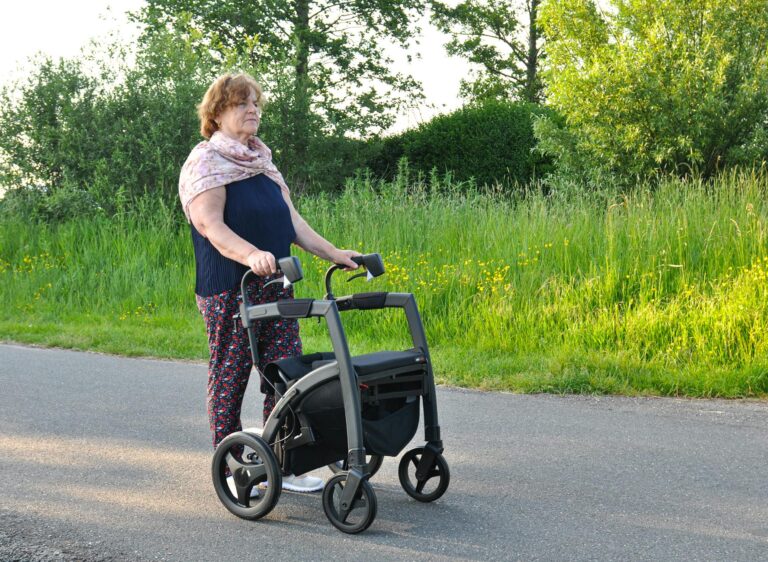Dementia is a progressive condition that affects millions of people worldwide, with over 50 million people currently living with dementia and this number is expected to reach 152 million by 2050. It is a term used to describe a wide range of symptoms associated with a decline in memory or other cognitive skills, making it difficult for individuals to perform daily tasks independently.
One of the biggest challenges faced by caregivers and families of those with dementia is finding ways to engage and stimulate their loved ones. It is common for individuals with dementia to become withdrawn and isolated, leading to a decline in overall well-being. However, research has shown that engaging in enjoyable activities can have a positive impact on individuals with dementia, helping to improve their mood, maintain cognitive function, and enhance their overall quality of life.
In this article, we will be discussing the importance of scheduling enjoyable daily tasks for individuals with dementia and some examples of activities that can be incorporated into their routine.
Why Schedule Daily Tasks for Individuals with Dementia?
Individuals with dementia often struggle with maintaining a sense of structure and routine. Their memory loss makes it difficult for them to remember daily tasks and activities, leading to confusion and frustration. By scheduling enjoyable daily tasks, caregivers can provide a sense of stability and predictability for their loved ones, reducing feelings of anxiety and agitation.
Moreover, engaging in activities that are tailored to their interests and abilities can also help improve their self-esteem and sense of purpose. It allows them to feel useful and productive, rather than just passively receiving care from others.
Scheduling daily tasks can also provide a sense of accomplishment for individuals with dementia. As their memory and cognitive abilities decline, completing simple tasks can give them a sense of achievement and boost their self-confidence.
Examples of Enjoyable Daily Tasks for Individuals with Dementia
1. Arts and Crafts
Arts and crafts activities are not only enjoyable but also provide numerous benefits for individuals with dementia. These activities can help improve their fine motor skills, hand-eye coordination, and concentration. They also provide a creative outlet for self-expression and can bring a sense of accomplishment upon completing a project.
Simple crafts such as painting, coloring, or making collages can be adapted to an individual’s abilities and interests. Consider using materials with different textures, colors, and shapes to engage their senses.
2. Music Therapy
Music has been shown to have a profound effect on individuals with dementia. It has the power to evoke emotions, memories, and stimulate cognitive function. Engaging in music therapy activities such as singing, playing instruments or listening to familiar songs can help reduce agitation and anxiety, improve mood, and promote social interaction.
Caregivers and family members can create personalized playlists with their loved one’s favorite songs or attend music therapy sessions led by professionals.
3. Gardening
Gardening is a therapeutic and enjoyable activity for individuals with dementia. It provides an opportunity for physical activity, sensory stimulation, and exposure to nature. Moreover, tending to plants can give them a sense of responsibility and accomplishment as they see their plants grow.
Adapt gardening activities to their abilities by using raised gardens or providing simple tasks such as watering or planting seeds. You can also encourage them to decorate their pots or create garden markers to make it more engaging.
4. Memory Games
Memory games are not only fun but also help stimulate cognitive function in individuals with dementia. These games can range from simple activities like matching pictures or objects to more challenging ones like crossword puzzles or word searches.
Choose games that are appropriate for their level of functioning and try to incorporate familiar items or topics to make it more engaging. You can also turn it into a group activity by involving other family members or caregivers.
5. Physical Activities
Physical activities are crucial for maintaining physical health and well-being in individuals with dementia. Engaging in light exercises such as stretching, yoga, or even regular walks can help improve their balance, flexibility, and strength.
Physical activities also release endorphins, which can improve mood and reduce feelings of anxiety or depression. Make sure to choose activities that are safe and appropriate for their abilities, and always supervise them while exercising.
In conclusion, scheduling enjoyable daily tasks for individuals with dementia can have a positive impact on their overall well-being. These activities not only provide a sense of structure and purpose but also promote physical, emotional, and cognitive health. As caregivers and family members, it is important to be patient and flexible, adapting activities to the individual’s abilities and interests. With proper planning and creativity, daily tasks can become a source of joy and fulfillment for individuals with dementia.





